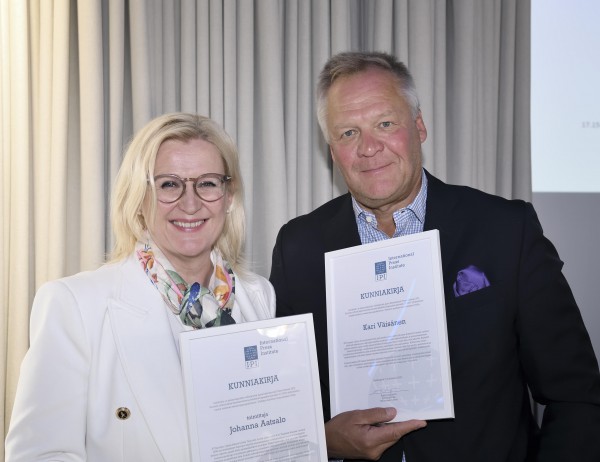H.E. Rudolf Schuster
President
Bratislava
Slovak Republic
Fax: + 421 7 544 17 532
Vienna, 25 June 2001
Your Excellency,
The International Press Institute (IPI), the global network of editors and media executives, is deeply concerned at charges of criminal defamation brought by Your Excellency against a Slovak journalist.
According to IPI’s sources, Your Excellency has filed a lawsuit against Ales Kratky, a commentator with the Slovak daily Novy Cas. Kratky is being sued under Article 103 of the Slovak penal code which stipulates that anyone who, “publicly defames the president for the performance of his duties or his activities in public life” can be sentenced for up to two years in prison. The lawsuit is in response to a 26 May commentary written by Kratky in which he described Your Excellency’s state of the nation address as indicating, “signs of mental incapacity to lead a country that is trying to join modern and developed nations.” Kratky also wrote that the speech was a “report of a state of mind of an arrogant egomaniac”. In the past, Slovak journalists have faced prison sentences for writing critically about the government.
In March 2000, reporter Vladimir Mohorita was sentenced to four months in prison under Article 102 of the Slovak penal code for “publicly defaming the country and its officials”, after he criticised the decision by the Slovak government to allow NATO planes to use Slovak airspace during the Kosovo conflict in 1999. The suit against Mohorita was brought by the Slovak Deputy Prime Minister.
The charges brought against Kratky represent a threat to freedom of expression as guaranteed by internationally accepted standards, including the European Convention on Human Rights to which Slovakia is bound. Moreover, Kratky is being sued by a public official for criticising government policy and the activities of an elected representative.
According to rulings by the European Court of Human Rights, public officials should be open to more scrutiny than private individuals and must display a greater degree of tolerance toward criticism. Open criticism and the consequent debate on the performance of elected officials are the cornerstones of any democracy.
Criminal defamation and so-called insult laws – designed to protect the “honour and dignity” of public officials – have been used to limit the legitimate criticism of government which is a fundamental part of public debate in any democracy. They shield public officials from scrutiny and criticism and consequently deprive the public of their right to be fully informed on the activities of their elected representatives. These laws encourage a culture of secrecy by providing protection to corrupt or incompetent officials
The purpose of defamation laws is to protect an individual’s reputation from harm, including damage that could lower his or her standing within society. The threat of being subjected to imprisonment often forces journalists to resort to self-censorship and thus severely curtails the right to freedom of expression as guaranteed by Article 10 of the European Convention on Human Rights.
Experience in many democracies shows that civil damages provide ample redress to harm caused to an individual’s reputation. Moreover, public officials have sufficient means to address any criticism, such as answering directly to any allegation, without having to resort to litigation. The use of criminal defamation runs counter to established practice within democracies, including the member states of the European Union (EU), to which the Slovak Republic has applied for membership.
IPI was one of nine press freedom organisations that, on 13 June, wrote to the leaders of EU countries, pointing to the pernicious effect these types of laws have on the democratisation process in countries in transition (for your convenience, I have attached a copy of the letter). In the letter, representatives of the organisations urged the EU to adopt a resolution aimed at repealing any remaining criminal defamation and insult laws in EU countries, an action that has already been taken by some applicant countries in Central and Eastern Europe.
Therefore, we urge Your Excellency to take the necessary steps to abrogate legislation restricting freedom of expression and the media from the penal code, including Articles 102, 103 and 206. By doing so, you would send a strong signal to the international community that the Slovak Republic is unequivocally committed to protecting and defending basic human rights. Moreover, we urge Your Excellency to withdraw your lawsuit against Kratky, an important first step that would publicly demonstrate your dedication in this matter.
We thank you for your attention.
Yours sincerely,
Johann P. Fritz
Director


